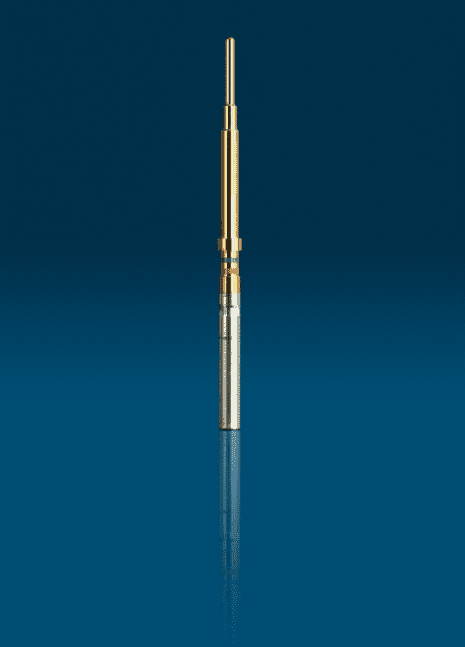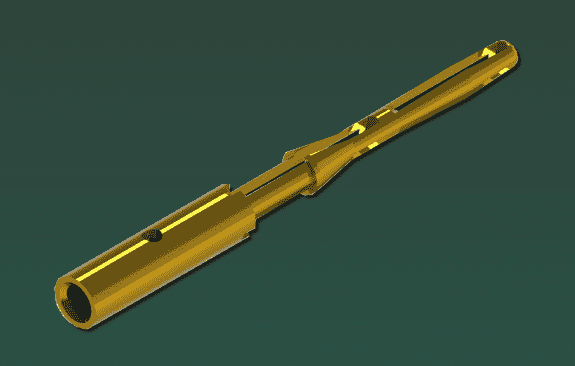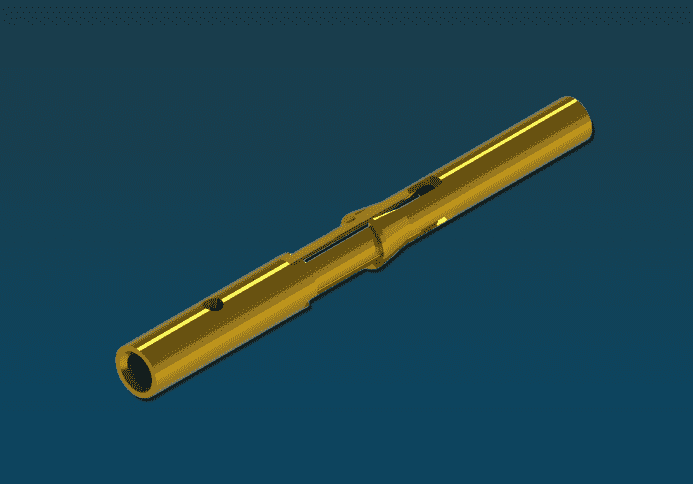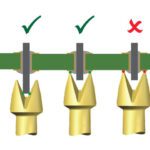Connectors in the Skies: 10 Considerations for Your Search for a Precision Contacts Manufacturer
Innovations, market trends, and costs influence aircraft design, but safety and security remain an unwavering commitment. Precision contacts play a crucial role in the connector design process.
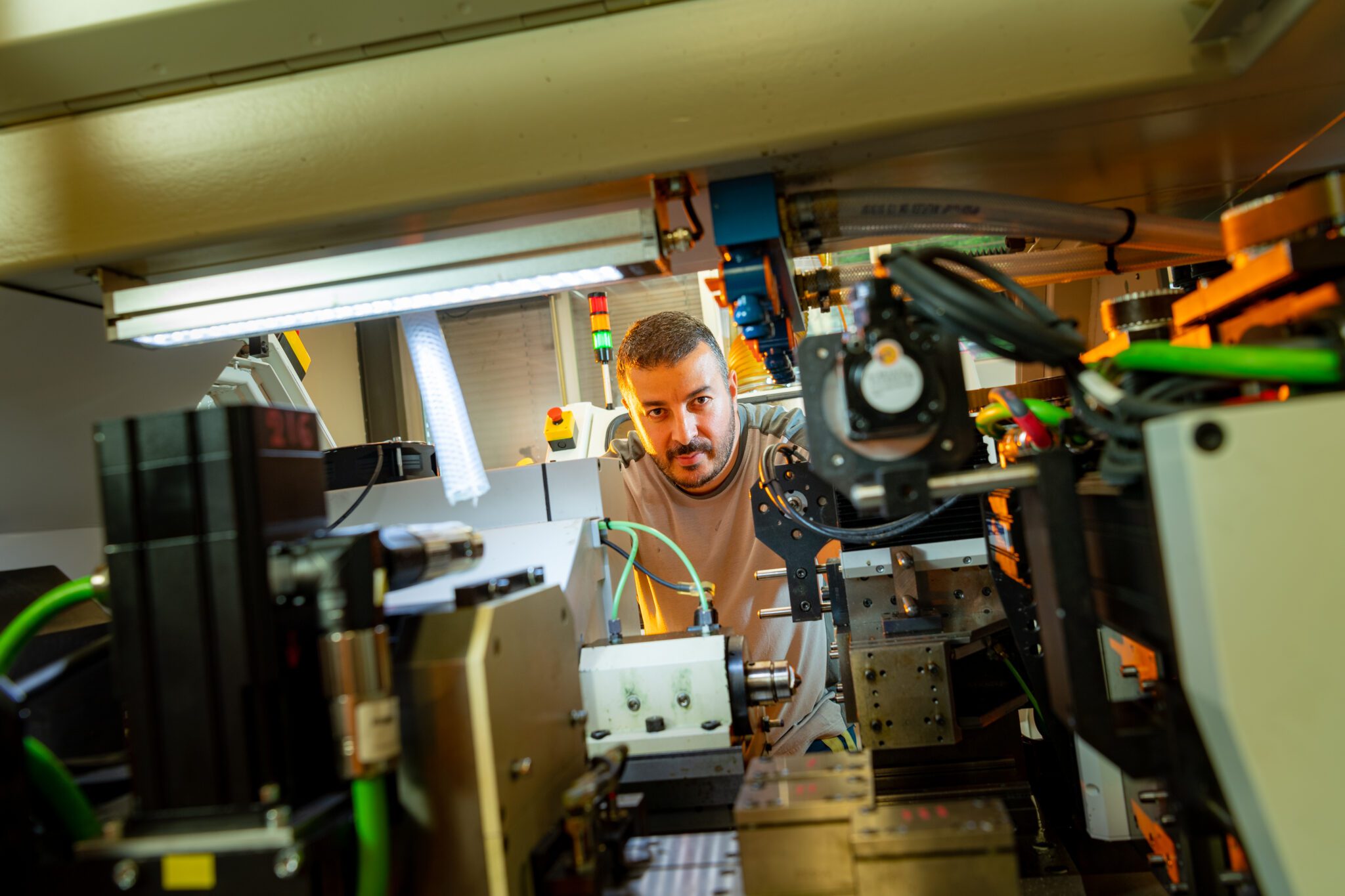
As the transportation industry rebounds from the challenges posed by the COVID-19 pandemic, market trends, technology innovations, and cost factors are shaping the landscape of new aircraft design. Every component in these aircraft, from contacts to cables, plays a role in reducing payload, increasing reliability, and ensuring safe travels.
Interconnects are part of every aircraft system, from flight controls to cabin comforts. Finding a reliable contacts manufacturer with a background in the aviation sector is an important step in the design of connected systems that can handle the rigors of aeronautics. Ten key considerations should guide your search.
1) Miniaturization
The aviation industry is witnessing a trend towards smaller and more compact applications. This necessitates the miniaturization of connectivity parts, including connectors and electrical contacts, to enable efficient use of limited space and reduce overall weight. Reducing weight is especially critical to controlling fuel costs. Suppliers that can provide very small interconnects help designer fit more electronics into smaller spaces in the aircraft.
Lemco’s hooded sockets with gold-plated contacts are manufactured in Switzerland.
2) Growing demand for wireless connectivity
The Internet of Things (IoT) is becoming integral to aviation systems such as predictive maintenance, fleet management, passenger experience, and safety and security systems. This increased need for wireless connectivity requires precision contacts designed to withstand aeronautical conditions and experienced suppliers can help design a product that meets the stringent requirements that serve this industry.
3) Fiber optics for high transmission
In-flight entertainment systems, communications systems, and internet access require high transmission capabilities. Fiber optics offer advantages in terms of high-definition and high-speed data transmission, enhancing the overall pilot and passenger experience. Suppliers should be able to work with optical products as well as copper interconnects.
4) High-tech & innovation
Innovative lightweight connectors, printed circuit boards (PCBs), and cables are highly sought after in the aviation industry. The ability to transmit high-speed data and resilience in harsh environments is paramount for safety and security reasons, and new miniaturized components enable even greater weight reductions or increase the density connectivity. Plus the ability to fit even more technology into confined spaces enables designers to fit more capabilities into tight spaces.
5) Tolerance in harsh environments
Aviation connectors must withstand constant harsh environmental conditions such as shocks, vibrations, extreme temperature variations, corrosion, and exposure to liquids. Precision contact suppliers design these rugged connectors to be resilient under pressure.
6) High performance & cost-efficiencies
Manufacturers face the challenge of striking a balance between high performance and cost-efficiency. Potential shortages of raw materials and fluctuating electricity and gas prices add more cost challenges. Finding solutions that optimize performance while reducing costs is essential.
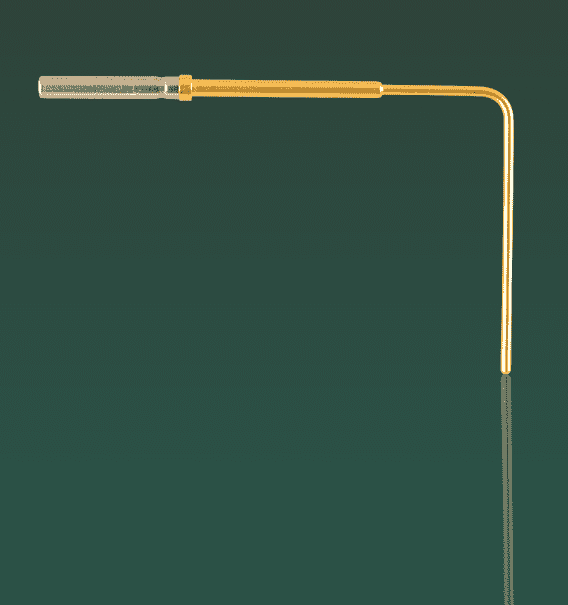
Lemco’s gold-plated bended socket contacts with PC tail termination
7) Environmental challenges
In response to the climate emergency, the aviation industry is committed to reducing carbon emissions. This commitment drives the development of more efficient and environmentally friendly propulsion systems as well as miniaturization, resulting in equipment and the need for miniature connecting parts. Suppliers who can offer lead-free base materials and other safer materials alternatives are an important part of creating a finished product that meets regulatory goals and minimizes impact on the environment.
8) Strong knowledge of connectors and industry requirements
Choosing a contacts manufacturer with a deep understanding of connectors’ technical specifications and compliance with industry regulations is crucial for producing reliable electrical parts that match connector features, ensure optimal functioning, and meet regulatory compliance.
9) Engineering support and co-design expertise
Access to a team of technical engineers who can provide support throughout the design and development process is invaluable. Collaborative engineering efforts help optimize design and production, adapt to specific requirements, and ensure the best performance of connectors and connected systems.
10) Certifications and quality standards
Safety and security are of paramount importance for components used in avionics. Selecting a contacts manufacturer with certifications recognized by worldwide standards bodies, such as ISO EN 9100:2018, ensures adherence to industry norms and quality standards.
The search for a precision contacts manufacturer in the aviation industry requires careful consideration of various factors. From miniaturization and connectivity to high-tech capabilities and cost-efficiency, finding a manufacturer that meets these requirements is crucial for the success and safety of aviation applications.
To learn more about high-precision screw machine pin and socket contacts for aviation and other high-reliability applications, visit Lemco Précision.
By Anne-Esther Black and Davut Orman for Lemco Précision
Like this article? Check out our other Miniaturization, Harsh Environment and High Reliability articles, our Transportation Market Page, and our 2022 and 2023 Article Archive.
Subscribe to our weekly e-newsletters, follow us on LinkedIn, Twitter, and Facebook, and check out our eBook archives for more applicable, expert-informed connectivity content.
